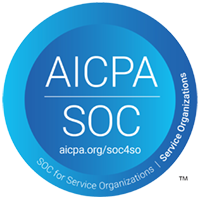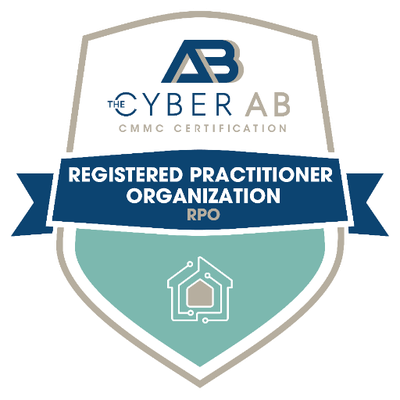
Effective management is a defining difference in a business’s success. This doesn’t mean one person should be able to do it all. There are opportunities even within a small business or workgroup to share management responsibilities.
Co-management is an approach that involves delegating responsibilities to team members or other leaders within the organization. Is this the answer you are looking for? Let’s explore five co-management benefits and five ways to implement best practices in your organization.
Benefits
Improved Decision-Making
Sharing management responsibilities lets team members bring their own expertise to the top. When different perspectives are considered, decisions are more thoughtful and thorough.
Increased Efficiency
When management responsibilities are shared, we can focus on our strengths and expertise, leading to increased efficiency. Technology, for example, is not in everyone’s wheelhouse. Co-Managed IT, brings the best technology practices even to a small business allowing others to do what they do best.
Better Collaboration
Sharing management responsibilities encourages collaboration and teamwork, and creates a more positive work environment. Friction evaporates when we feel our contributions are valued.
Development of Skills
Sharing management responsibilities furnishes opportunities for your team to develop new skills and take on unique challenges. Getting out of a rut—learning and solving problems will increase job satisfaction and employee retention.
Improved Work-Life Balance
Delegating responsibilities lets managers sidestep burnout and find work-life balance. A distributed workload allows everyone time to focus on their personal life.
How to Implement Sharing Management Responsibilities
Identify Strengths
Discover the powers and expertise of each team member. Delegation of responsibilities can then go to those who are best suited for the task.
Define Roles and Responsibilities
Once you identify team members’ strengths, define their roles and responsibilities. Be clear about expectations and deadlines.
Furnish Training
There is an emphasis on skills already within a person. Yet, if team members lack the necessary skills, consider growth opportunities and cross-training to provide them with practice and support. This will help them develop the skills they need to be successful.
Set Goals and Metrics
Set specific goals and metrics to track progress and success. This maintains focus and motivation.
Foster Open Communication
Encourage feedback to ensure everyone is working together effectively. Encourage your team to share thoughts and ideas and provide chances for team members to meet and collaborate.
Sharing management responsibilities will lead to better decision-making, increased efficiency, better collaboration, and improved work-life balance. By identifying team members’ strengths, defining roles and responsibilities, providing training, setting goals and metrics, and fostering open communication, organizations can successfully implement sharing management responsibilities. So, empower your team members, delegate responsibilities, and watch your organization thrive!



